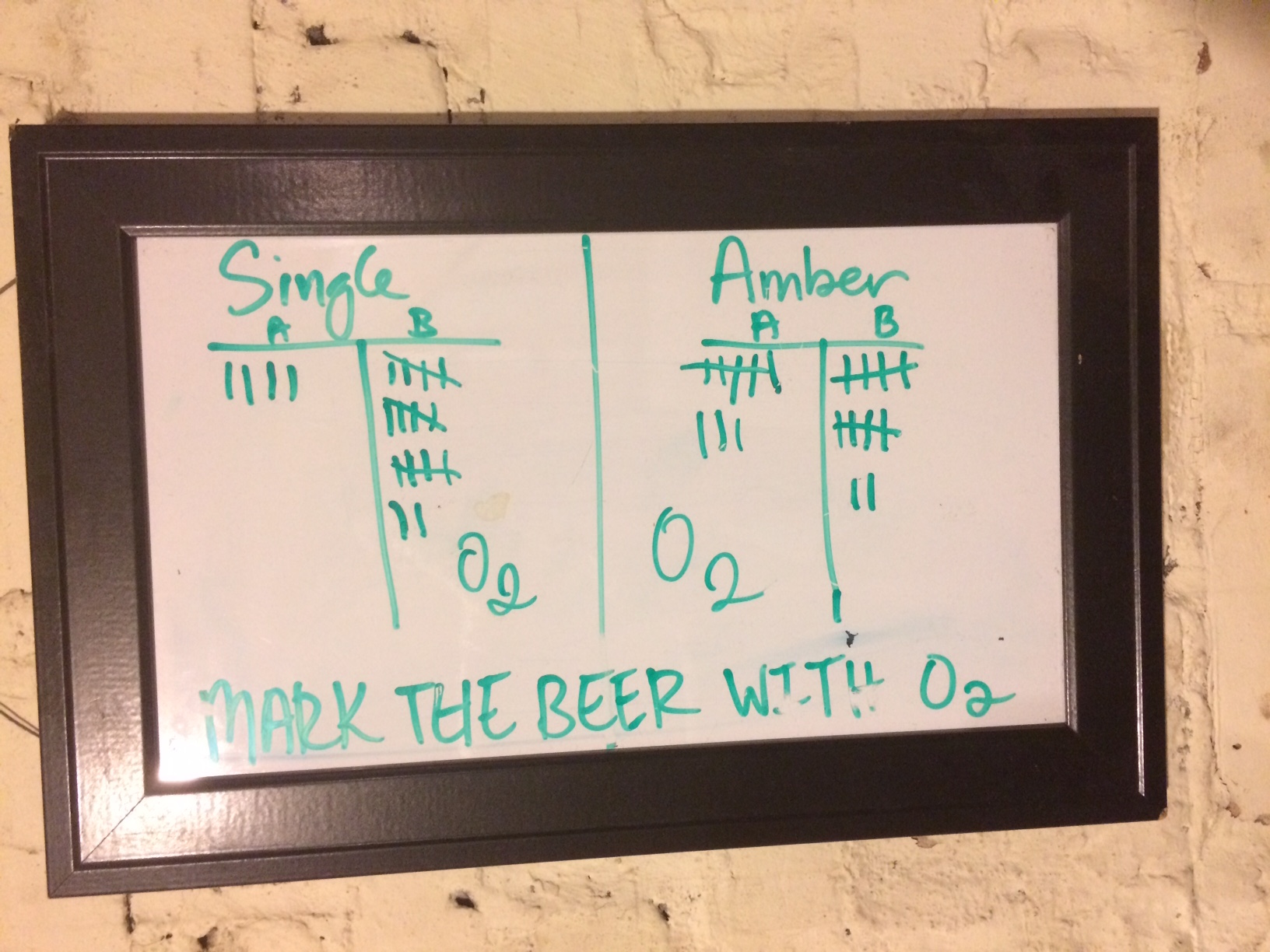BJCP study group has started back up for the 2014-2015 school year. If you are interested in joining the study group, please contact Mark Keck. This year we are very much interested in getting the club as a whole more involved in the group. For that reason, we are proposing monthly mini-competitions covering 3 styles categories. We are soliciting club members to enter their beers for these competitions. The plan for the mini-competitions is to judge each style category as it would be judged in a BJCP-sanctioned competition, and then perform a best of show-style round where we will rank the top 3 beers overall. The winner of the competitions will receive a small prize. Club members who enter should expect BJCP score sheets and are welcome to come talk to us face-to-face as well at club meetings to discuss the feedback. Best of all, IT’S FREE! For most competitions you get about half of that service at a $7 fee per beer, so this is a great chance to get feedback on your beer and process at no cost to you.
The schedule for competitions is:
- October 9, 2014: Category 7 (Amber Hybrid), Category 10 (American Ale), Category 16 (Belgian and French Ale)
- November 6, 2014: Category 2 (Pilsner), Category 13 (Stout), Category 9 (Irish and Scottish Ale)
- December 11, 2014: Category 4 (Dark Lager), Category 11 (English Brown Ale), Category 12 (Porter)
- February 5, 2014: Category 5 (Bock), Category 6 (Light Hybrid), Category 18 (Belgian Strong Ale)
- March 12, 2014: Category 3 (Amber Lager), Category 14 (IPA), Category 15 (German Wheat and Rye)
- April 9, 2014: Category 1 (Light Lager), Category 8 (English Pale Ale), Category 19 (Strong Ale)
- April 30, 2014: Category 17 (Sour Ale)
Please see bjcp.org for a full description of each style if you are not familiar (note we are using the 2008 guidelines for these competitions, NOT the currently drafted but inactive 2014 guidelines). We are still figuring out the best way to do drop-off beer and return score sheets, so for now we’re going to play it ad hoc. The best way you can get your beer to a mini-competition is by dropping it off at a club meeting, and score sheets are equally easily returned at the following meeting. However, if you can’t make it, simply contact Mark Keck (secretary at wort.org) to arrange a drop-off/pick-up. Note that Best of Show results and the winners of each category will also be posted here on the website.
